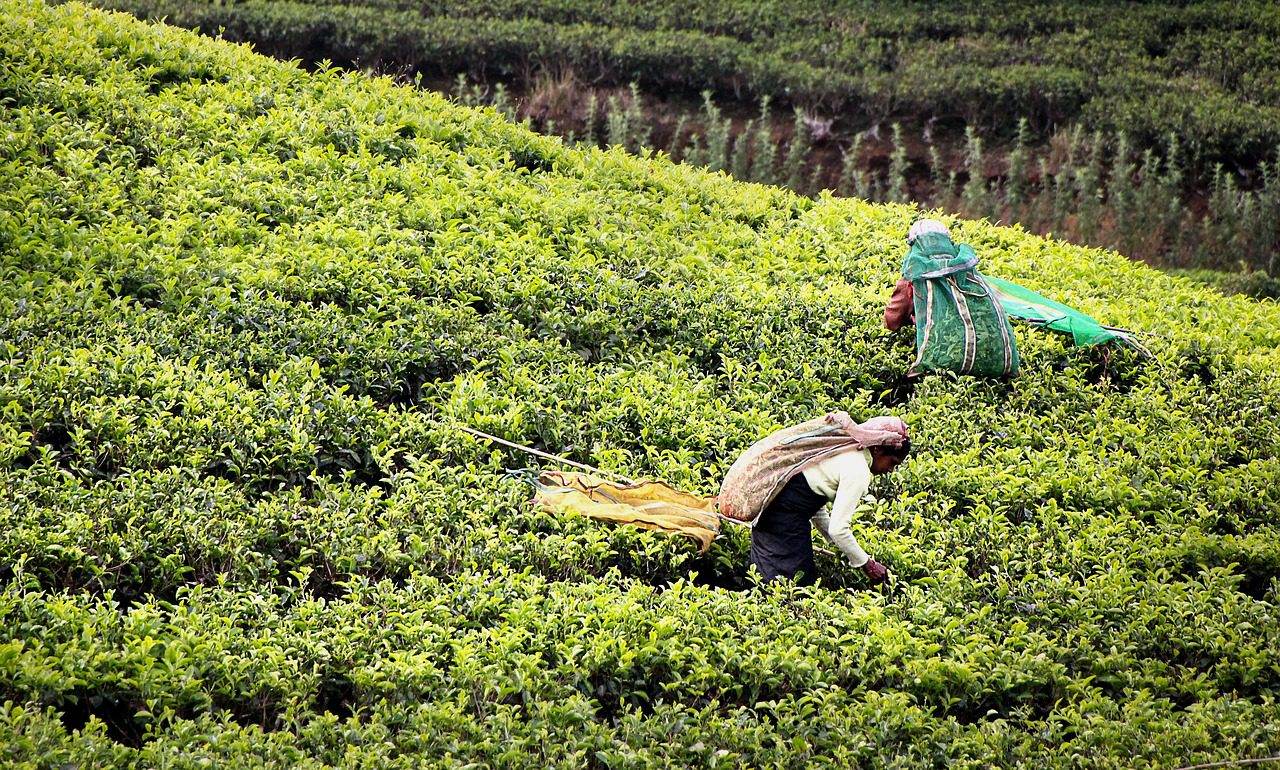
The Experiences of Children on Sri Lanka’s Tea Plantations: Labor & Sexual Exploitation, Violence, & Inadequate Education
Biography
Rathnayake Mudiyanselage Bandaranayake is the Founder/Director of Youth Voice International, which has worked to address the specific challenges of children in Sri Lanka since 2010. He has a Bachelor of Commerce, University of Peradiniya, an MBA from the University of Colombo and a Post Graduate Diploma in International Relations
Glenn Miles, PhD (Swansea) is Senior Advisor for up! International (Collective) and has conducted research with children and young people for over 20 years. He previously pioneered three international NGOs in Cambodia. And before that was a paediatric nurse. He is a researcher, trainer and advocate for children and vulnerable people. drglennmiles@gmail.com
Jarrett Davis, MA is a researcher and advocate in the international development sector, focusing on the rights of children and other vulnerable groups. He conducts sociological research to provide insights that can inform policy decisions and promote social change.
Madeliene Stenersen, PhD is an Assistant Professor of Psychology at Saint Louis University. Her work uses community-based and big data methods to understand and prevent violence. She has particular expertise in LGBTQ+ communities, the criminal legal system, and people in the sex industry. madeline.stenersen@health.slu.edu
Anjum Umrani completed her undergraduate studies at Loyola University in Chicago, studying Psychology and French Literature. Anjum is a current student in the Clinical Psychology PhD program at Saint Louis University, Missouri, USA. Her research interests include race and intergroup dynamics and global disparities in access to education and healthcare.
Abstract
This article explores the difficulties faced by children living in Sri Lanka’s tea plantation areas. Data from 150 children reveal high rates of poverty, violence, and school dropout. Children in tea plantation schools report bullying and stigma from teachers and students. Many children do not envision completing school due to inadequate resources, family income pressures, and the need to work. Children who drop out of school face abusive labor conditions and poor pay. Over 30% of all children report experiencing sexual abuse, often in their own homes. Those working face discrimination, physical abuse, and wage theft. Initiatives are needed to improve family incomes, reform schools, provide affordable childcare, enforce child labor laws, and raise awareness of safety and rights. Governmental financial support is required to improve housing, expand agriculture production to generate family income for schooling expenses, and provide training for teachers. Government interventions and creating coordination between agencies, NGOs, and tea industry stakeholders are vital to alleviate the hardships faced by Sri Lanka’s tea plantation children and create opportunities for them to realize their full potential.
Creative Commons License

This work is licensed under a Creative Commons Attribution-Noncommercial-No Derivative Works 4.0 License.
